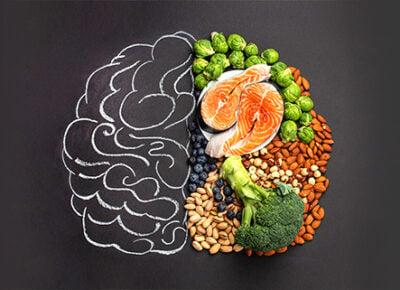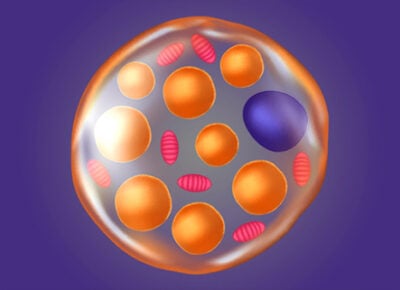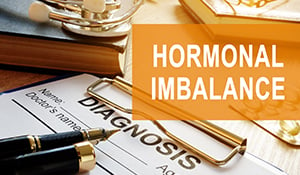Tag Archives: Nutrient Therapy
How Nutrients Affect Mental Health

Though medical science has made significant advances in researching and treating mental health diseases and developed new drugs each year to control the conditions and symptoms, mental illness remains one of the most persistent issues in our society. It tops the #1 cause of disability.
Fat Burning Nutrients

In our blog article posted on ⅖, we discussed that brown fat in our bodies may help burn white fat. One of the most effective ways to activate the function of brown fat cells is to expose our bodies to cold temperatures, however, long exposure to cold temperatures can be an unpleasant experience, not to mention the risk of a weakened immune system if not done properly.
Immune Aging

Studies have shown that the immune function of the human body will gradually age when we get older. Roy Walford, the well known immunologist, called it immunosenescence, which combines the words of immunity and aging.
Chemical Imbalances And Mental Disorder

The chemicals in the human body, such as hormones, enzymes, and neurotransmitters, serve important purposes, not only in regulating our body’s functions, but also affecting the way we react to stress and more.
Thrombosis Prevention with Nutrition

Among the various symptoms of COVID-19, thrombosis is a life-threatening condition that increases the risk of death in COVID-19 patients.
Symptoms Of Hormonal Imbalance

Hormonal imbalances can occur in men, women and children. As your body’s chemical messengers, hormones play an important role in regulating normal bodily functions. They are produced in the endocrine glands before being transported to different parts of the body, essentially instructing your organs and tissues what to do. When you have too much or too little of a certain hormone, hormonal imbalance occurs. As hormones are crucial in key bodily processes such as metabolism and reproduction, any imbalances should not be overlooked.
Continue reading
The Impact of Stress on Health

Stress is caused by a person’s physical and emotional reaction to life events. Heavy workloads and the modern lifestyle create excessive chronic stress in people today. As we know, the human body is a holistic organism, in which all systems and functions are complex and interrelated components.
Continue reading
How Vitamin D Helps Fight the Coronavirus

Vitamin D is well known for its benefits to our bone health, such as preventing rickets in children and osteoporosis and fractures in the elderly.
Six Health Benefits of Curcumin

Turmeric powder is in seasoning and curry. Curcumin is extracted from turmeric and is well known for its approved medicinal effects.
Continue reading
Zinc for Mental and Brain Health

The Real Life Story
A couple of years ago, a college student came to our clinic for a mental health consultation. The 18-year-old youth was bright, knowledgeable, and intelligent. However, he constantly had issues with homework.
He spent many hours doing the research and won’t let it go even though he exhausted his source of information. He was often late for handing in his assignments.
He tried many management techniques but could not help researching compulsively. As a result, he lost many hours of sleep, was frustrated with his imperfect work, fearful of failure, and had doubts about his ability.
In addition, he has a low tolerance for stress and gets overwhelmed easily. He once felt so gloomy that he began to question the value of being alive.
His blood work and urine tests indicated that this young man suffered from biochemical imbalances that prevented his brain from producing enough neurotransmitters, serotonin in particular. He had also lost zinc and B6 through the urine due to Kryptopyrrole, the body’s inability to metabolize hemoglobin.